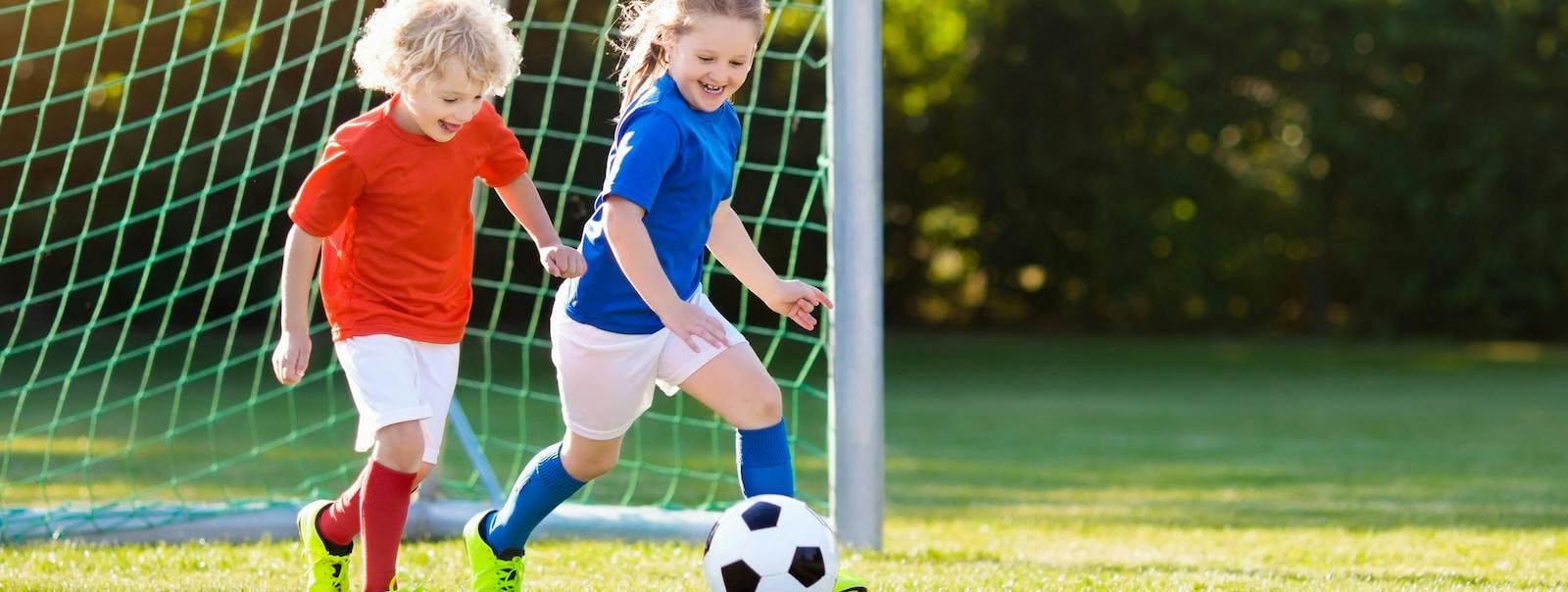Summer camp safety tips
There are more than 12,000 summer camps operating in the U.S., which means millions of children have the opportunity to attend summer camps every year. While summer camps can offer exciting, educational, and unique experiences, they also can pose a risk to campers’ safety. Here are important tips to follow if you’re sending your child to camp this summer.
1. Bring all medications.
Whether your child takes a prescription medication every day or only as needed, it’s important to send their medication to camp with them.
Also, if your child has medication they take or use in an emergency -- like an EpiPen in case of an anaphylactic allergic reaction or an inhaler they use for an asthma attack -- make sure camp staff takes the medication along with them if they leave the camp for a hike or any other excursions.
2. Wear insect repellent.
Insect repellent can prevent itchy, uncomfortable insect bites. It also helps prevent insect-borne infections like West Nile Virus and Zika virus.
If your child is going to a summer camp in a region with a large tick population, they should avoid tick bites to reduce the risk of infections like Lyme disease. In addition to teaching your children about ticks, camp counselors should frequently provide tick checks after spending time outdoors.
3. Practice fire safety.
While campfires are a staple of the summer camp experience, it’s important to practice fire safety at all times to avoid any accidents like burns or forest fires.
Children should never attempt to start a fire without supervision. Also, it’s important to make sure the area around the fire is free of tripping hazards, and that water is nearby to douse a fire if it starts to get out of control. Fire safety is just one of many tips to keep your kids safe in the summer.
4. Wear sunscreen.
Sunburns are particularly harmful in children since even one blistering sunburn in childhood or adolescence doubles the risk of developing melanoma, a common type of skin cancer, later in life.
If your child is going to be spending time outdoors, make sure they apply a UVA/UVB sunscreen that’s SPF 15 or higher. Sunscreen should be reapplied every 2 hours, and after swimming, sweating, or showering.
5. Recognize dangerous plants and animals.
Spending time in nature gives kids the opportunity to explore the world around them, get fresh air, increase their Vitamin D levels, and exercise. It also gives them a break from screen time and helps improve their mental health.
With all of these benefits, it’s also important to keep in mind that some plants and animals found in nature can be dangerous. Children should always be supervised by a knowledgeable guide if they’re hiking or camping outdoors.
They should also be taught to recognize plants that should not be touched (like poison ivy), and they should also be taught to never ingest any plants or mushrooms unless a plant expert gives them permission.
Children should also be taught to avoid touching or engaging with potentially dangerous animals found in nature, including bears, snakes, raccoons, bats, and spiders.
6. Practice water safety.
Water safety practices are an important part of keeping kids safe while they’re at summer camp. If you can, sign your child up for swimming lessons before they leave for camp. Make sure they know to never enter the water unless there’s a counselor or lifeguard present.
Children who aren’t proficient swimmers should wear life jackets at all times. And anyone engaging in water activities on a camping trip like swimming, boating, rafting, or canoeing should always wear a life jacket.
Children should also be taught to never drink from natural water sources like ponds, lakes, or streams unless they’re given specific permission since these water sources often contain germs that can cause serious infections.
7. Avoid heat-related illnesses.
There are lots of ways kids can avoid heat-related illnesses like heat exhaustion, heatstroke, and dehydration.
They should drink plenty of water -- and bring water along if they’re leaving the campgrounds to hike or engage in other outdoor activities. They should also wear light-colored clothing when they’re outdoors in warm weather.
If possible, sports and other strenuous activities should take place in the morning or late afternoon instead of the hottest hours of the day. Also, during the warmest hours of the day, they should spend time indoors or in the shade to avoid overheating from sun exposure.
***
Written by Sarah Thebarge, Physician Assistant


